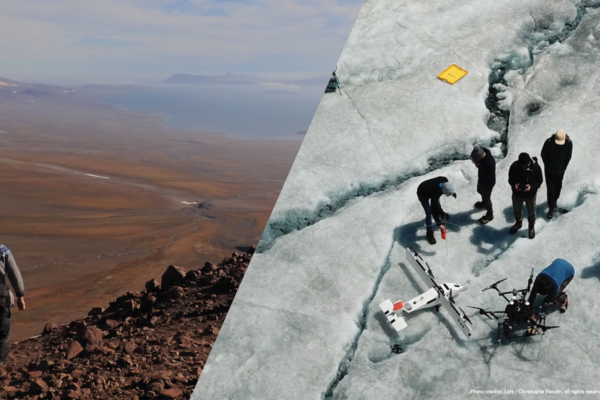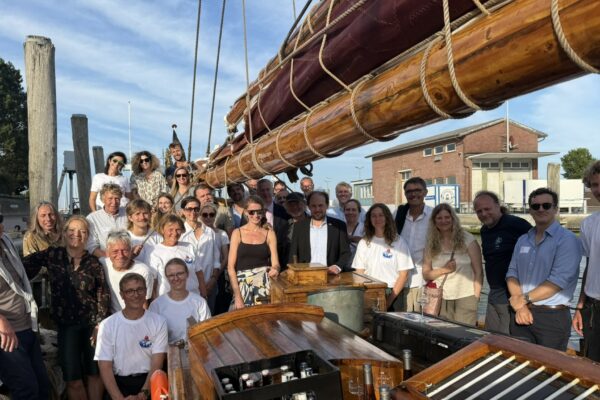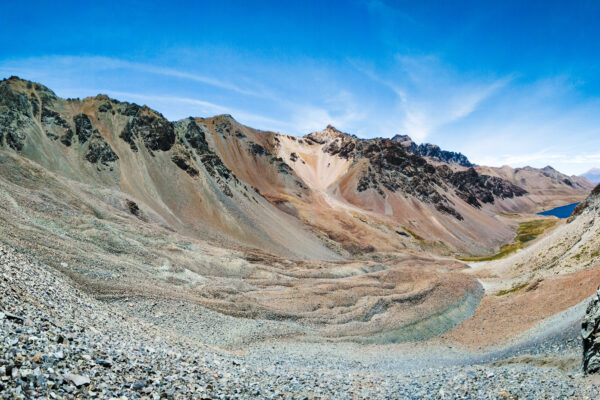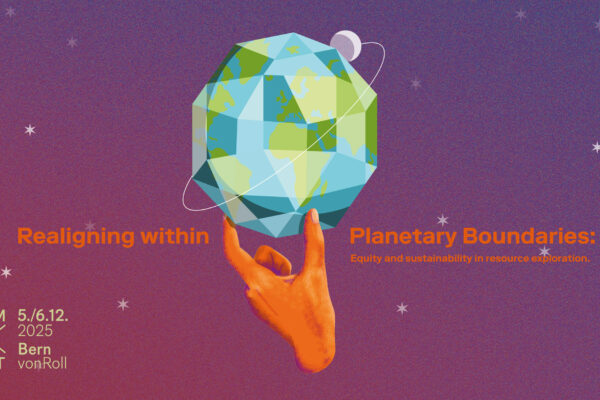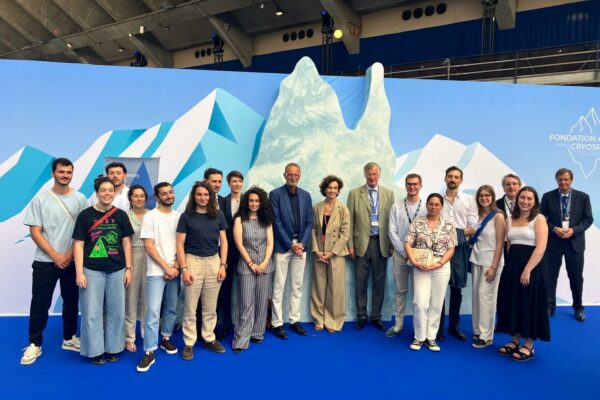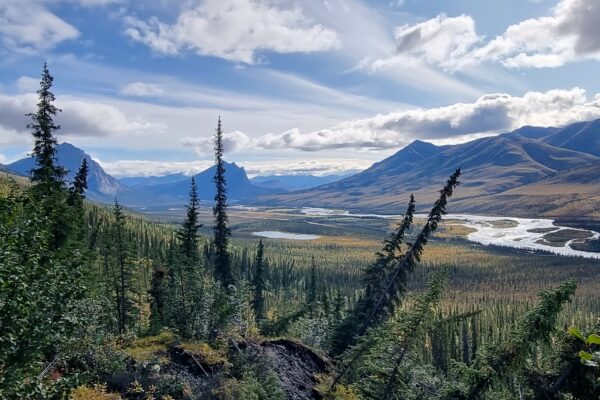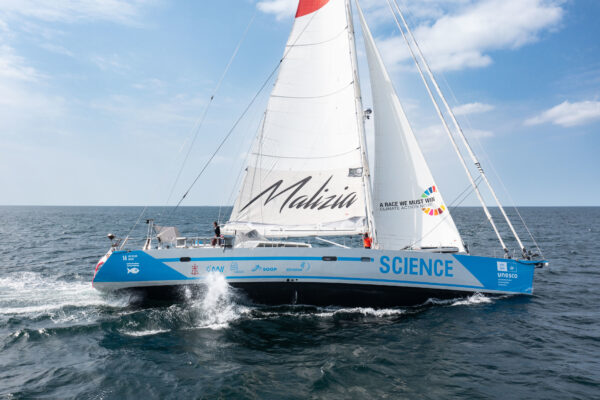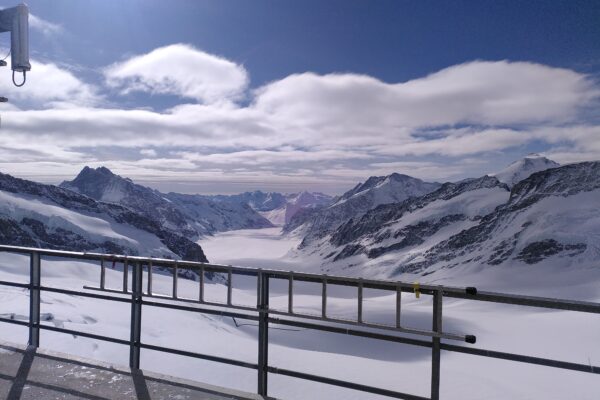We are pleased to announce that the calls for proposals for the SPI Exploratory Grant and SPI Technogrants are now open! The submission deadline is 9 October 2025, 12:00 (noon, Swiss time). The SPI Exploratory Grants support Swiss-based scientists active in polar regions (including remote high-altitude regions such as the Andes and the Himalayas) by allowing them to […]
Read MoreArticles by: Jelena Ristic
Floating platforms for polar science: towards a white paper
Experts from offshore sailing and polar science communities gathered on 19 and 20 July on Föhr (Germany) to resume the exchange on environmental impact, best practices and complementary expertise initiated at the Arctic Circle Assembly last year. The two-day seminar was dedicated to outlining the opportunities floating and sailing platforms can […]
Read MoreSwiss Polar Institute signs a Memorandum of Agreement with Antarctica New Zealand
On 7 July 2025 in Auckland, New Zealand, Swiss Polar Institute (SPI) and Antarctica New Zealand (ANZ) officialised their cooperation in polar science. This MoA aims to facilitate the development of joint research projects in Antarctica. The signing took place in the presence of Prof. Jordy Hendrikx (Chief Executive, ANZ), […]
Read MorePolar Access Fund 2025: selected grantees
We are pleased to announce that four projects have been selected by an independent panel of experts for the eighth edition of the Polar Access Fund. The successful proposals span the domains of glaciology, sea ice physics, glacial hydrology and geophysics. The grants, co-funded by Swiss Polar Institute and BNP […]
Read MoreAbstract submission for the polar and high-altitude session at the 23rd Swiss Geoscience Meeting
We are pleased to announce that the abstract submission for the 23rd Swiss Geoscience Meeting × 7th Swiss Geologists Day taking place on 5–6 December 2025 in Bern is now open. As part of this year’s scientific symposia, we invite the polar and high-altitude research community to contribute to the […]
Read MoreThree young Swiss researchers to embark on the One Ocean Expedition with “Génération Cryosphère”
On 8 June 2025 in Nice, the launch of the UN Decade of Action for Cryospheric Sciences brought together researchers from the “Génération Cryosphère” programme, including three early-career scientists from Switzerland, to meet and exchange ahead of the One Ocean Expedition. Proposed by Swiss Polar Institute, three francophone researchers Delphine […]
Read MoreWorking in moving dirt: studying the impacts of climate change on frozen debris lobe stability in the Brooks Range, Alaska – Markus Stoffel
A dream come true – after months of preparation and intense exchanges with Benjamin V. Gaglioti and Margaret M. Darrow from the University of Alaska Fairbanks, my trip to the last frontier finally started in May 2023. A few days in Fairbanks first, a big shopping trip to one of […]
Read MoreOcean data collection continues aboard Team Malizia’s new research vessel
The Swiss Polar Institute (SPI) and the Swiss skipper Oliver Heer are lending their OceanPack to the new research vessel Malizia Explorer this year. SPI will thus continue to enable data analysis with ETH Zurich and the Universities of Bern and Lausanne, highlighting once more how the offshore sailing and […]
Read MoreWith heavy baggage to the top of Europe – Gunter Stober and Witali Krochin
Introduction TEMPERA-C is a microwave radiometer designed to measure microwave radiation from oxygen emissions at a frequency of 53 GHz. The resulting microwave spectra are used to retrieve atmospheric temperature profiles up to the mesosphere, reaching altitudes of approximately 60 km. During a test campaign, TEMPERA-C was deployed to take […]
Read More